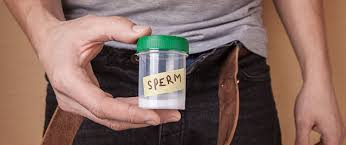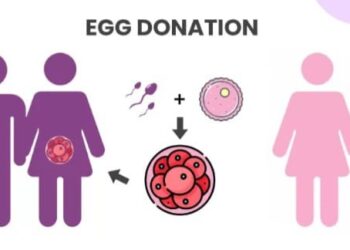By: Boipelo Modise
Sperm donation has become an important option for many South Africans who are unable to conceive naturally. With the rise of fertility treatments and alternative family structures, more people are turning to sperm banks or private arrangements. While the medical side of sperm donation is widely discussed, the legal implications are often less understood. In South Africa, the law provides clear guidelines to protect both donors and recipients, but navigating these rules can still be complex.
Contracts and agreements also play a key role. While a written agreement between donor and recipient can clarify expectations, it cannot override the legal principle that the donor has no parental obligations. Lawyers often advise recipients to ensure their agreements are in line with national legislation and properly recorded with fertility clinics.
“I didn’t know that there are certain rules one must follow when donating sperm. I never did my research, though I once wanted to donate for financial reasons,” said Lethabo, a Pretoria resident.
Under the Children’s Act 38 of 2005, a sperm donor is not regarded as the legal father of a child conceived through artificial fertilization. This means donors do not have parental rights or responsibilities towards the child. The law protects recipients from future disputes, ensuring that donors cannot later claim custody or demand involvement in the child’s upbringing. At the same time, it shields donors from being held financially responsible for the child’s welfare.
Legal experts caution, however, that problems may arise when sperm donation happens outside regulated fertility clinics. In private arrangements, such as when individuals rely on informal agreements, the risk of legal complications increases.
Another key consideration is anonymity. South African law allows both anonymous and known sperm donation, but children born from donor sperm have the right to access medical and genetic information about their biological father once they turn 18. This provision balances the donor’s privacy with the child’s right to know their genetic background, particularly for health reasons.
The demand for sperm donation in South Africa has been steadily increasing, especially among single women and same-sex couples seeking to start families. With rising interest, legal experts emphasise the importance of understanding the boundaries and protections built into law.
“I gave birth to a baby girl this month through a procedure called home insemination. I asked one of my guy friends to donate his sperm and we both agreed that he would not be part of the child’s life. Now he wants to be involved and has threatened to take me to court,” said Keitumetse Tsatsi, a Johannesburg mother.
While the process may seem straightforward, the legal framework ensures that the rights of the child, donor and recipients are carefully balanced. For anyone considering sperm donation, whether as a donor or recipient, consulting medical professionals and legal experts remains crucial.
















